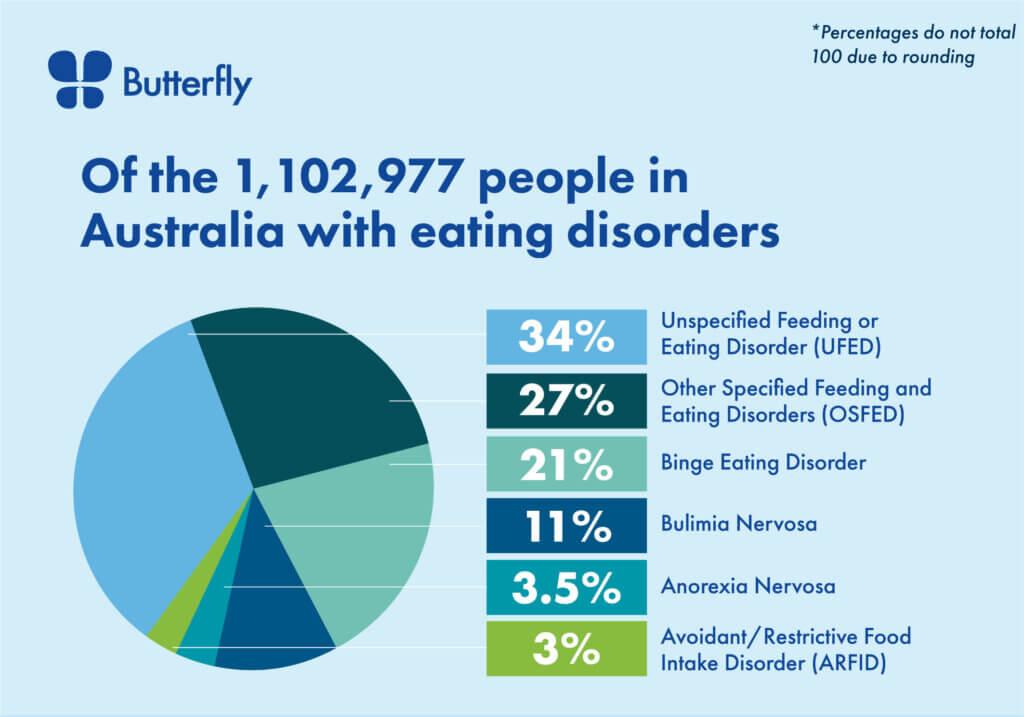 Also in this edition
Also in this edition

Also in this Edition
Ave Maria College Newsletter
Vol 118 No 2
Thursday 28 March 2024
Research shows that the prevalence of eating disorders in teenagers has more than doubled since 2020. Experts identify body dissatisfaction and a desire for weight loss to be two factors which can contribute to the development of an eating disorder. It’s important for parents to be aware of the signs so that they can intervene early.

Eating disorders include anorexia, bulimia, binge eating disorder, other specific eating disorders and avoidant restrictive food intake disorder. You can learn more about the different categories here: Eating disorders explained - Butterfly Foundation
This video outlines some important signs to look out for: Mayo Clinic Minute: 5 signs your teen might have an eating disorder (youtube.com)
- Excessive dieting
- Excessive focus on ‘clean’ eating or the health components of food
- Excessive exercise
- Withdrawing from friends and family
- Fasting
- Hiding food and only eating alone
The above signs could indicate an eating disorder, or they could be part of disordered eating which can develop into an eating disorder. The Butterfly Foundation as identified the following distribution:
This article provides useful information about eating disorders in young people. In particular, this article discusses focusing on health rather than size, taking a weight neutral approach, not focussing on appearances, incorporating lots of variety into the diet and encouraging young people to engage in physical activity that they enjoy.
If parents are concerned about a young person’s eating or exercise habits they can:
- Go to your General Practitioner
- Consult with a psychologist: Find a Professional - Butterfly Foundation
- Go to the Royal Children’s Hospital: Adolescent Medicine : Eating Disorders Service (rch.org.au)
- Visit the Butterfly Foundation: Support for Eating Disorders and Body Image Issues | Butterfly Foundation
- Talk with one of the College Counsellors (Rebecca Baldassarro or Ivana Crabb)
The College has significant experience working with families and students to support them through recovery. Please get in touch with the relevant Sub-School Leader or member of the counselling team if you would like further support.
















